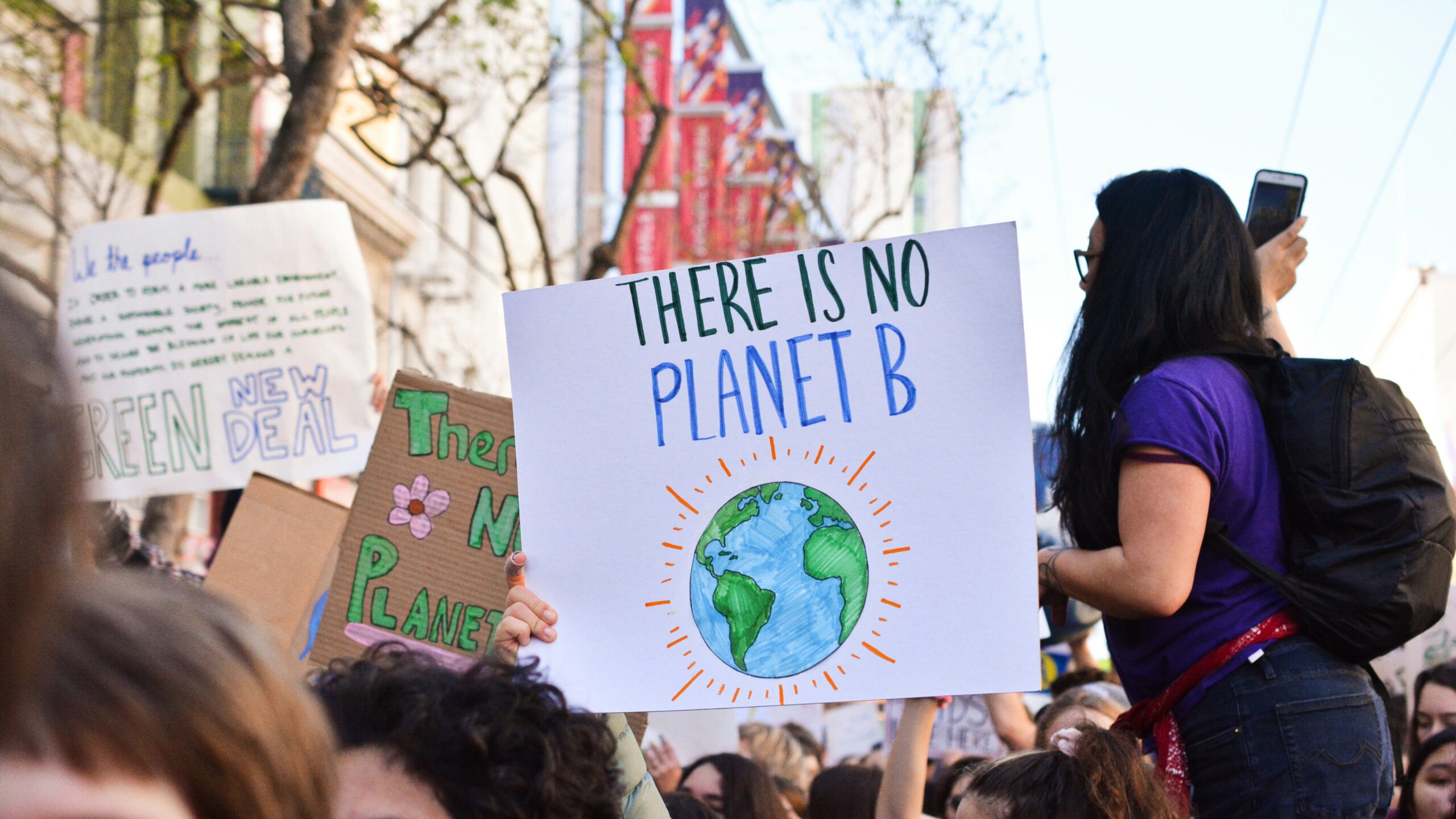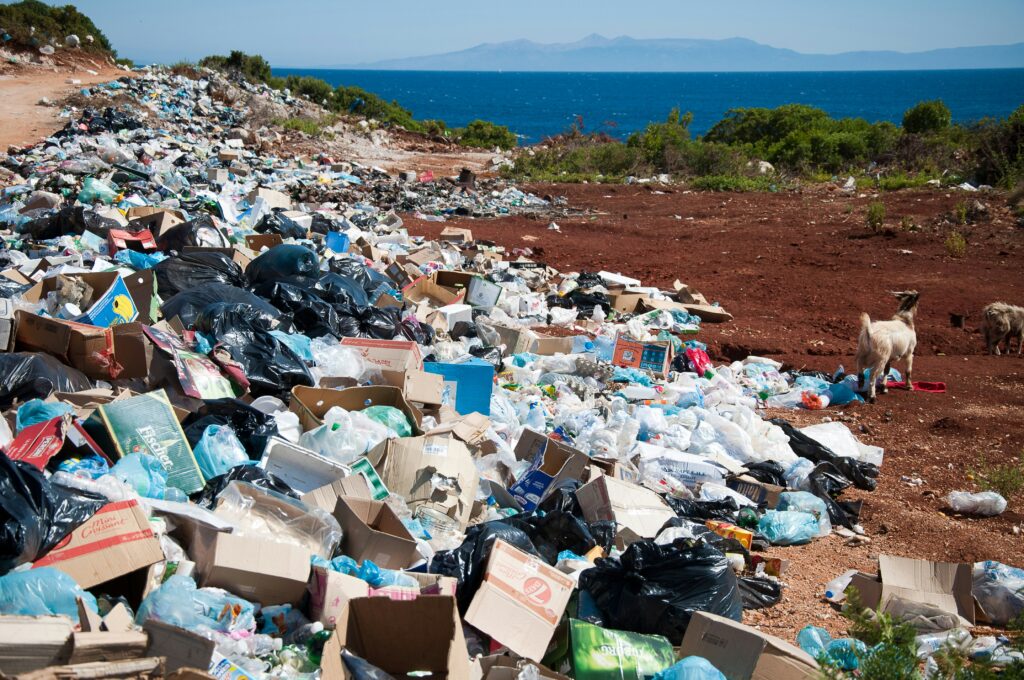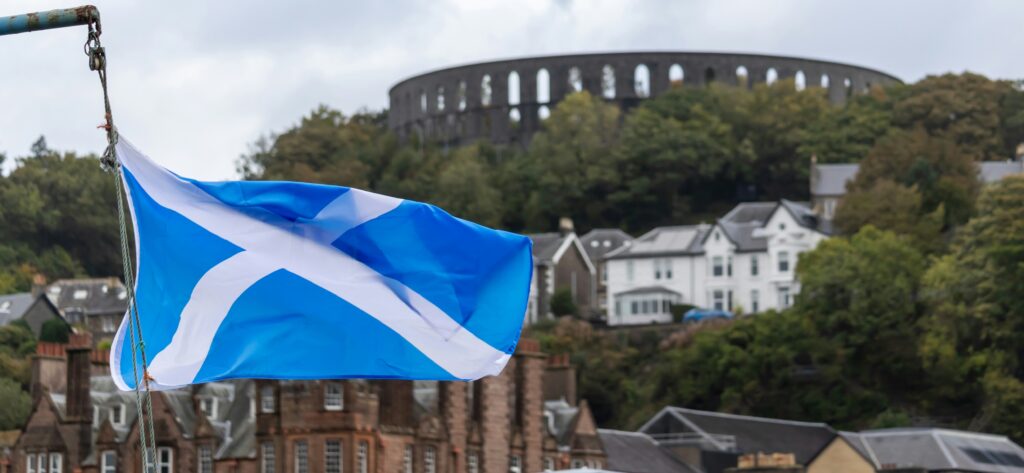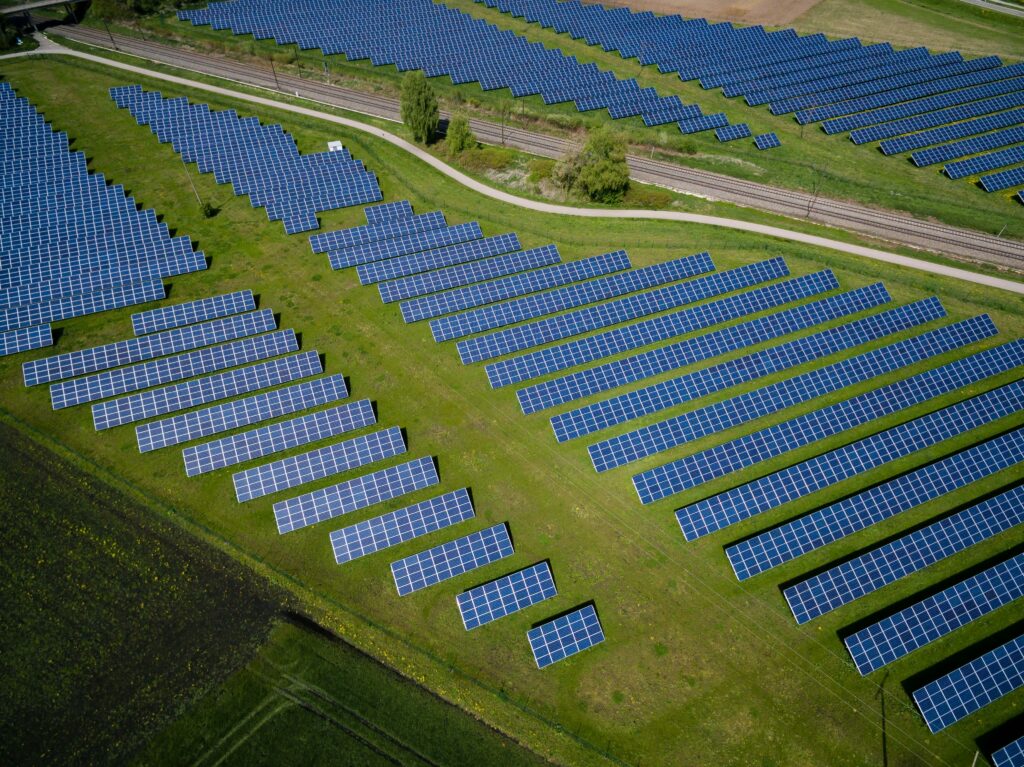The UN climate talks opened in Belém, Brazil, under striking tension. President Luiz Inácio Lula da Silva called for unity against what he described as a “wave of denial and deception.” In his opening remarks, Lula vowed that “COP30 will be the COP of truth,” urging the world to “inflict a new defeat on the deniers” who, he said, “control algorithms, sow hatred, and spread fear.”
The summit unfolds as global alignment frays. Many nations have arrived amid political upheaval, and the United States has notably withheld senior-level participation. Delegates described the atmosphere as both determined and anxious, a reflection of a world still struggling to balance national interests with planetary survival.
Brazil’s Vision for Renewal
Brazil has used its presidency of COP30 to reposition itself as a global climate leader. Lula’s government aims to revive faith in multilateral climate efforts and showcase the Amazon as a living symbol of climate action. The centrepiece of this effort is the Tropical Forest Forever Facility (TFFF), an ambitious $125 billion fund designed to protect tropical forests around the world.
While early fundraising progress has been slow, the initiative reflects Brazil’s broader push to secure climate finance for developing nations. British envoy Rachel Kyte described the TFFF as a “brilliant idea,” suggesting that UK participation may still follow. Lula’s administration sees this fund as proof that conservation can coexist with development, and that tropical nations can shape not just plead for the future of climate policy.
Climate Politics Without Consensus
The absence of US leadership at COP30 has reshaped the diplomatic landscape. President Donald Trump’s policies reversing clean-energy investments, promoting fossil fuels, and cancelling billions in renewable funding stand in contrast to the commitments of most other nations. His administration has opened new areas for oil and gas exploration, a move critics say undermines global progress. Some delegates even voiced concern that US representatives might intervene to slow talks, following earlier international negotiations that collapsed under American pressure.
UN Climate Chief Simon Stiell tried to balance optimism with warning. He acknowledged a decade of emissions progress but cautioned that continued “squabbling” between nations is economically unsustainable. “Not one single nation among you can afford this,” he said, noting that disasters are already stripping “double digits off GDP.”
The Future of 1.5°C
A central focus of the conference is whether the world can still realistically keep temperature rise within 1.5°C of pre-industrial levels. Small island nations, representing the Alliance of Small Island States (AOSIS), fought to ensure the issue remained on the official agenda. Their leaders argue that abandoning the target would amount to surrender for communities already battling rising seas.
Even within the UN system, expectations are shifting. Secretary-General António Guterres recently described the failure to maintain 1.5°C as “a moral failure and deadly negligence.”
Yet the persistence of this debate signals the endurance of hope that with renewed cooperation, humanity can still reshape its trajectory.
A Call for Integrity and Resolve
President Lula’s words carried a larger message about information, influence, and truth. By linking climate denial to manipulation and misinformation, he positioned environmental policy as a defence of democracy itself. In his framing, defeating denialism is not only about emissions it is about rebuilding trust.
Despite geopolitical tension, there remains a shared recognition that progress is still possible. For Brazil, COP30 is a test of leadership; for the world, it is a reminder that climate action now depends as much on collective honesty as on technical ambition.
References:
https://www.bbc.co.uk/news/articles/cn51pn74l23o




